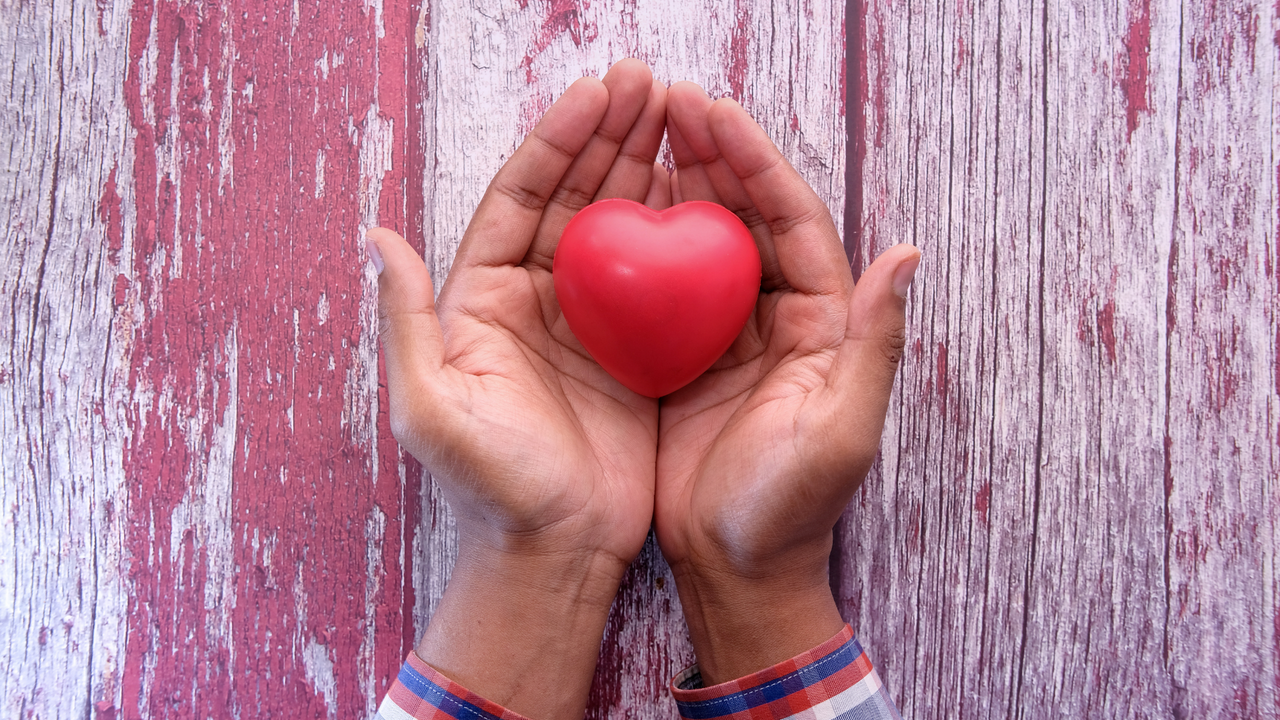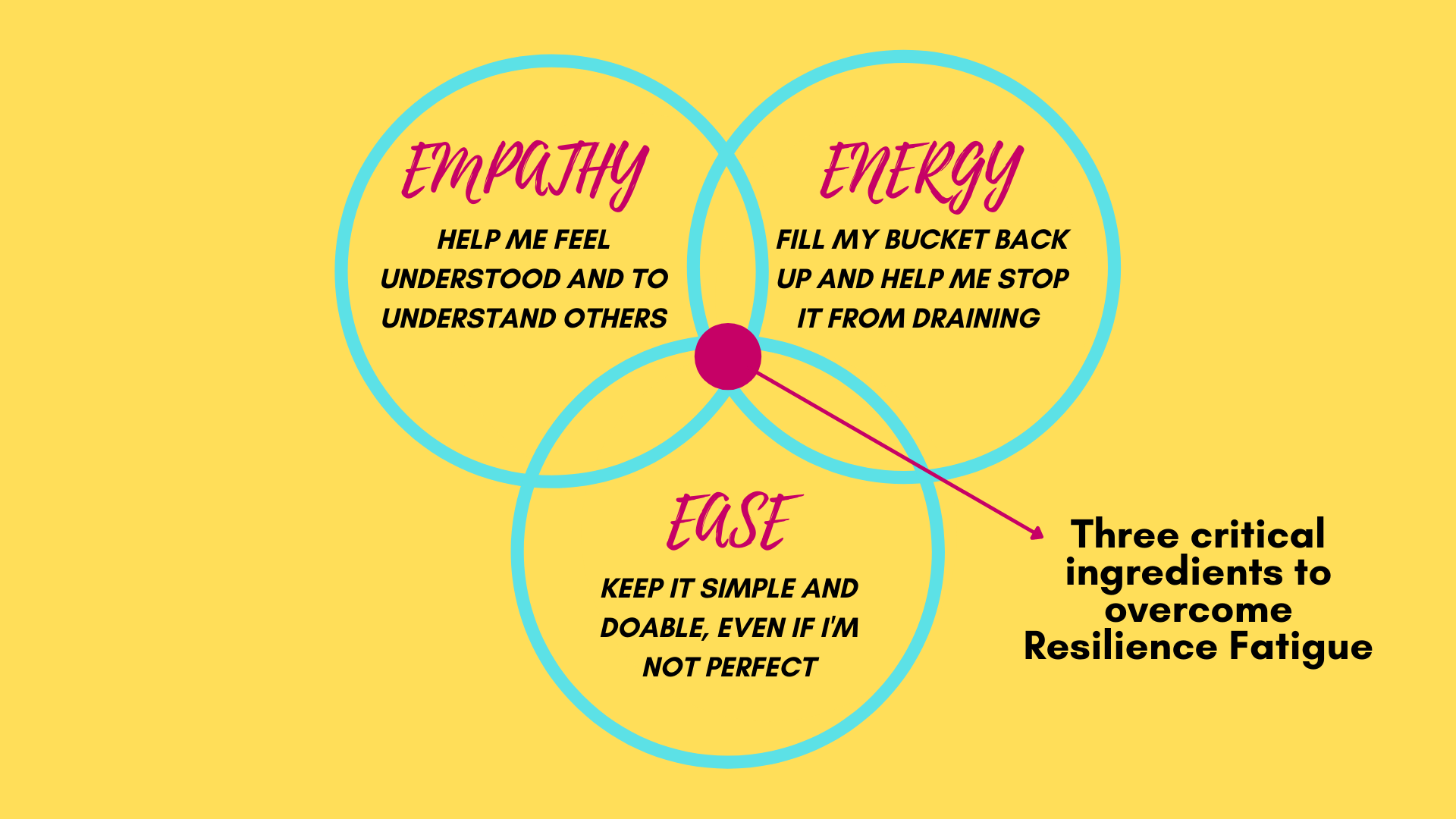
Resilience Fatigue: The surprising truth about EMPATHY
Aug 30, 2021When the Covid-19 pandemic hit, it shook the world. We were confronted with unprecedented levels of uncertainty, threat and disruption to life as we know it. It's not surprising that 77% of Australian and New Zealand workers experienced burnout in 2020.
Communities, organisations, families and individuals were forced to adapt, and resilience became an essential skill to survive the pandemic and thrive. I have been so impressed by the way organisations invested in resilience to support their people, and how so many, embraced resilience and attempted to adopt a positive, optimistic mindset, despite the ongoing challenges.
18 months later we are still confronted with uncertainty, threat and disruption AND now most have experienced disappointment, loss and are, quite simply, over it.
Enough is enough.
This phenomenon I have observed, especially in the most recent lockdown here in NSW, is called Resilience Fatigue.
Resilience Fatigue: The exhaustion that comes from attempting to be motivated, positive and strong for a prolonged period.
The consequences of Resilience Fatigue are that people become less positive; less connected with their peers and leaders; and ultimately, less engaged and productive. A push for resilience when this feeling sets in typically generates resentment and has the opposite effect of what we want, which is contributing to the anger and protests we have observed breaking out over the country.
Resilience is still essential; however, it is critical we move the conversation on, so we are not tone deaf to the current situation. We all need new tools and resources to overcome resilience fatigue.
The three critical ingredients to overcome Resilience Fatigue

Surprisingly, empathy is one of the most important aspects of overcoming Resilience Fatigue. Empathy for ourselves and for others, especially those we may not see eye-to-eye with. Empathy is the precursor to compassion, which is needed if we are to find new solutions and our way out of this situation.
Empathy starts with us. It’s critical to acknowledge the individual hardship, loss, and trauma that we have each experienced during this time. Allow space for these emotions and the truth of the situation. This is not the time to be Pollyanna and only see the bright side. There is nothing ideal about Covid.
Then, it’s critical we bring it back to the common human experience. When we feel alone and isolated in our suffering every negative emotion is intensified. We are more likely to experience anxiety and depression and other negative health consequences. We need to remember that other people, just like us, know this pain, suffering and hardship.
Finally, we need to learn empathy for those we may not see eye-to-eye with such as political leaders or leaders within our organisations. We may not agree with all their decisions however part of empathy is perspective taking. Can we suspend judgement and step into their shoes? Can we attempt to understand the situation from their perspective and begin to communicate from this rounded perspective?
When we do this, we move from struggling against to struggling with one another. This shift feels more hopeful and connected and we can minimise the toxic effects of conflict and divide on our minds and bodies.
If this is something you’re struggling with (totally understandable), try out this loving-kindness meditation, which can help us build empathy and compassion.
Lorem ipsum dolor sit amet, consectetur adipiscing elit. Cras sed sapien quam. Sed dapibus est id enim facilisis, at posuere turpis adipiscing. Quisque sit amet dui dui.
Stay connected with news and updates!
Join our mailing list to receive the latest news and updates from our team.
Don't worry, your information will not be shared.
We hate SPAM. We will never sell your information, for any reason.

